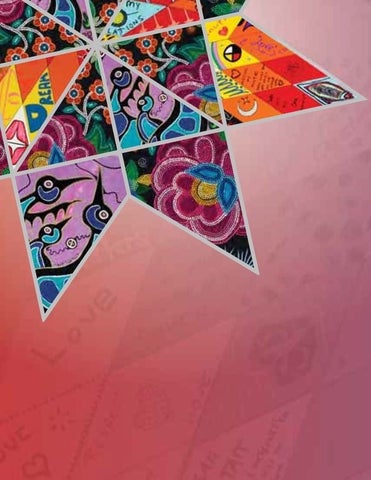
Bridge: Honouring the Lives of Missing and Murdered Indigenous Women, Girls, and Two Spirit People
Working with Shatitsirótha' Waterloo Indigenous Student Centre (WISC), the Office of Indigenous Relations (OIR), the Sexual Violence Prevention Response Office (SVPRO), and 16 Days of Activism Against Gender-Based Violence, Dr. Sorouja Moll initiated Bridge in 2015 to create a space for all University community members to learn about the crisis as they reflect upon their responsibilities, share in speaking the names of the lives taken to honour and remember as the red fabric is tied to the bridge between Environment 3 and United College. For the Opening Ceremony, each year we are requesting volunteers to read the names.
The gesture to name, remember, and honour the 5000+ missing and murdered Indigenous Women, Girls, and Two Spirit People across the many Nations in Canada is an active engagement in learning about the depth of the crisis in the Canada while resisting and (en)countering the existing silence that continues to shroud it. Originally installed in Montreal in 2009, as The Writing Names Project, Moll's research-creation initiative is a counter memorial and is part of a meaningful and sustained collaborative intercultural praxis between Indigenous and non-Indigenous communities.
2024 Bridge Installation
- Your filters returned no results. Please review criteria selected.
Reclaiming Power and Place: The Final Report of the National Inquiry into Missing and Murdered Indigenous Women and Girls
The National Inquiry’s Final Report reveals that persistent and deliberate human and Indigenous rights violations and abuses are the root cause behind Canada’s staggering rates of violence against Indigenous women, girls and 2SLGBTQQIA people. The two volume report calls for transformative legal and social changes to resolve the crisis that has devastated Indigenous communities across the country.
The Final Report is comprised of the truths of more than 2,380 family members, survivors of violence, experts and Knowledge Keepers shared over two years of cross-country public hearings and evidence gathering. It delivers 231 individual Calls for Justice directed at governments, institutions, social service providers, industries and all Canadians.
As documented in the Final Report, testimony from family members and survivors of violence spoke about a surrounding context marked by multigenerational and intergenerational trauma and marginalization in the form of poverty, insecure housing or homelessness and barriers to education, employment, health care and cultural support. Experts and Knowledge Keepers spoke to specific colonial and patriarchal policies that displaced women from their traditional roles in communities and governance and diminished their status in society, leaving them vulnerable to violence.
